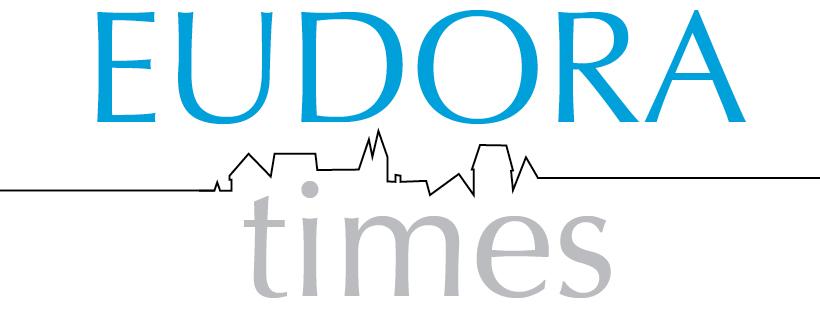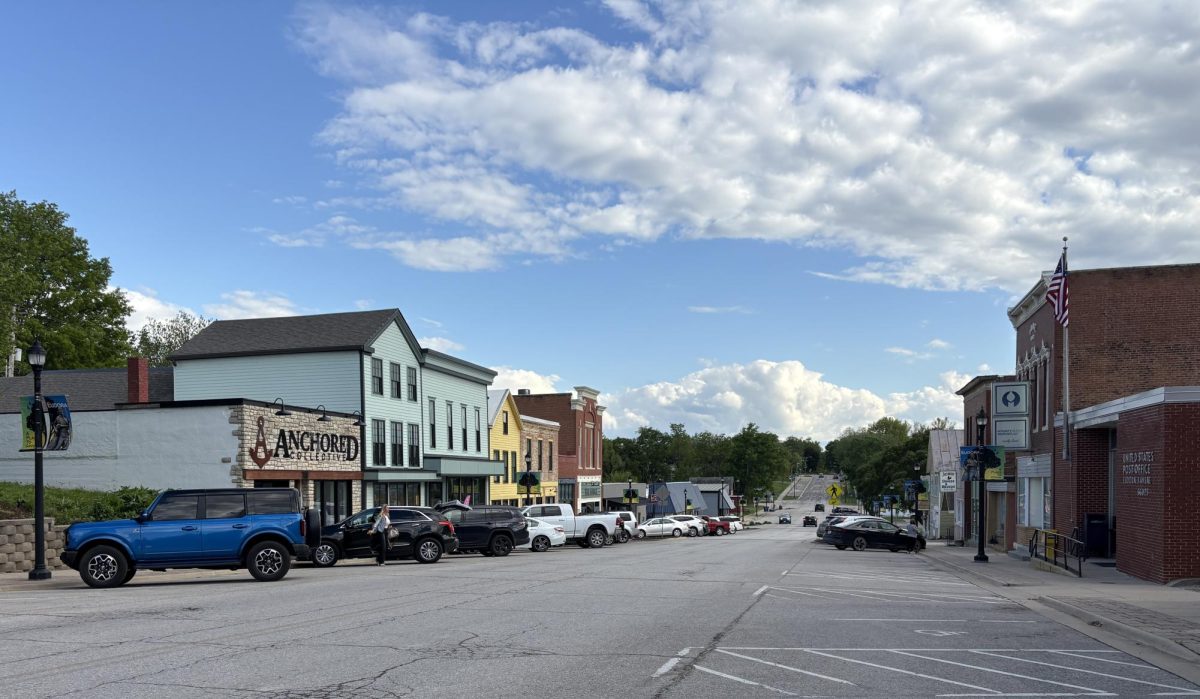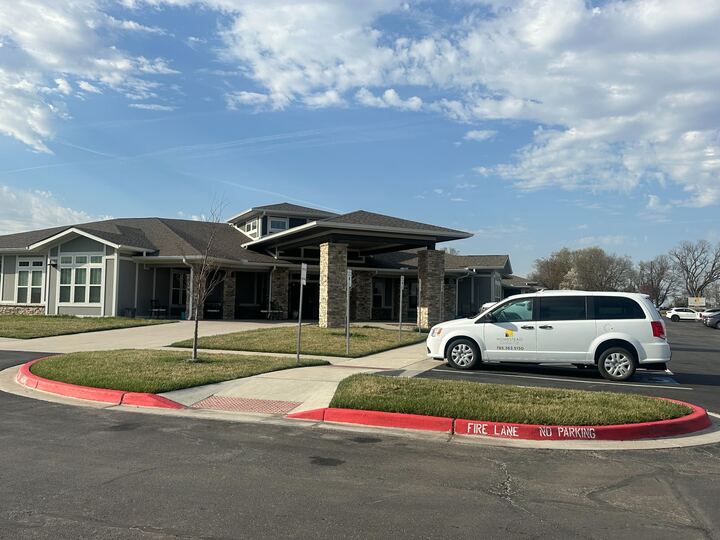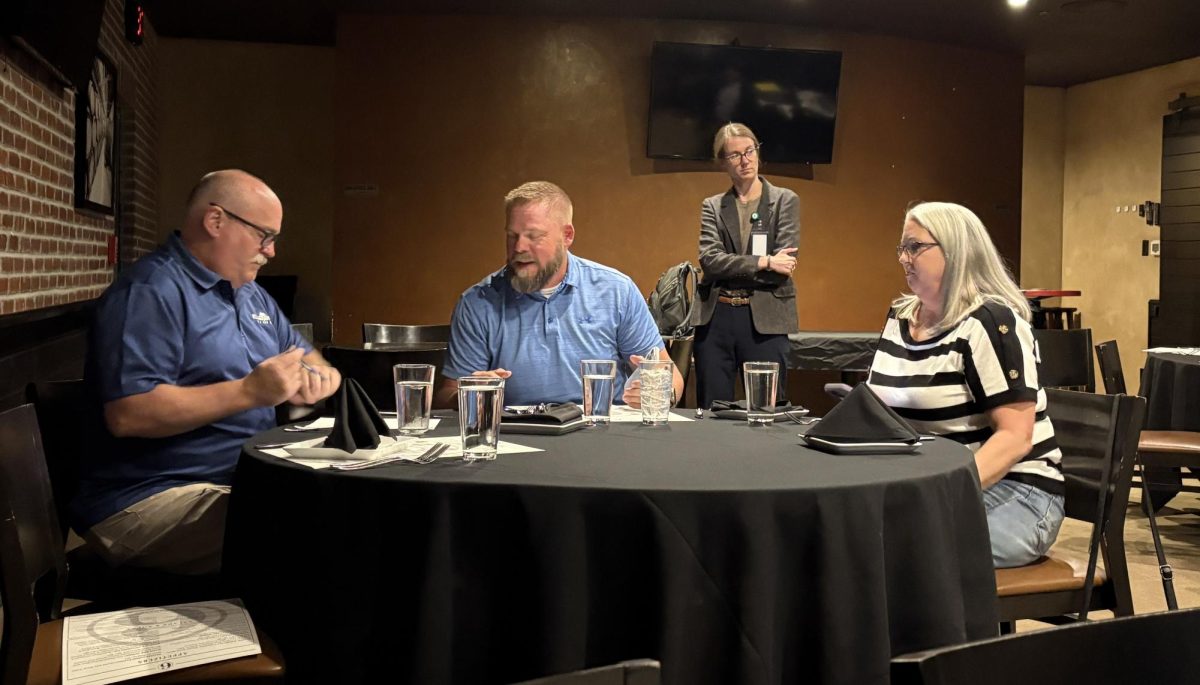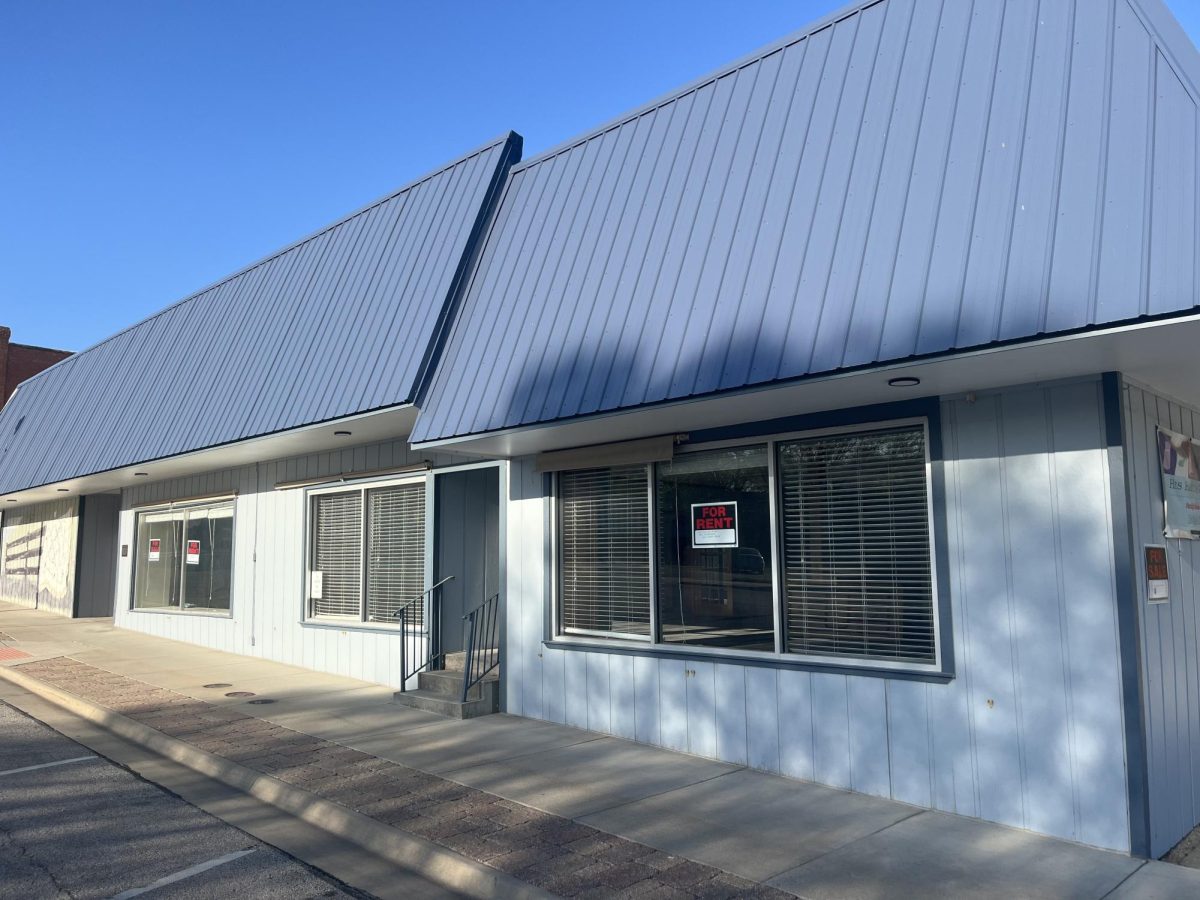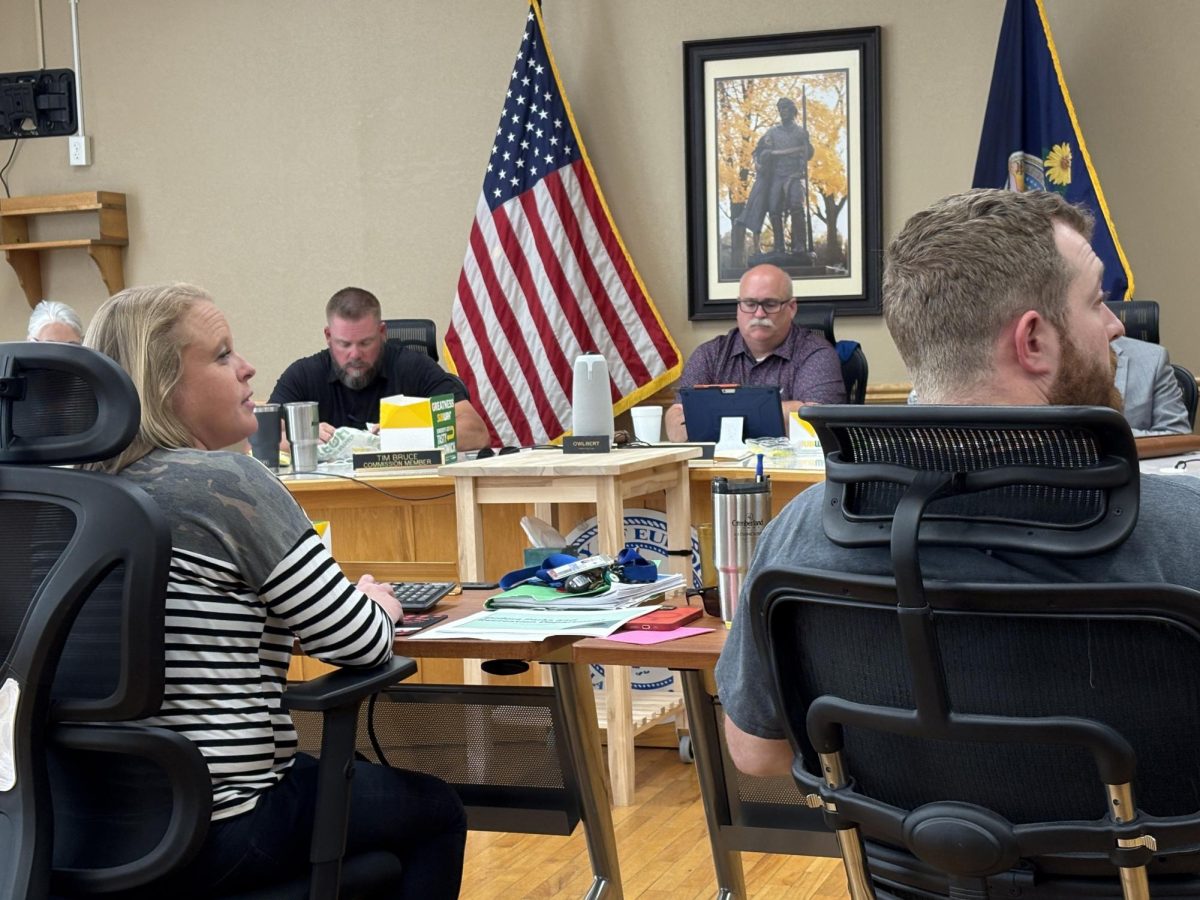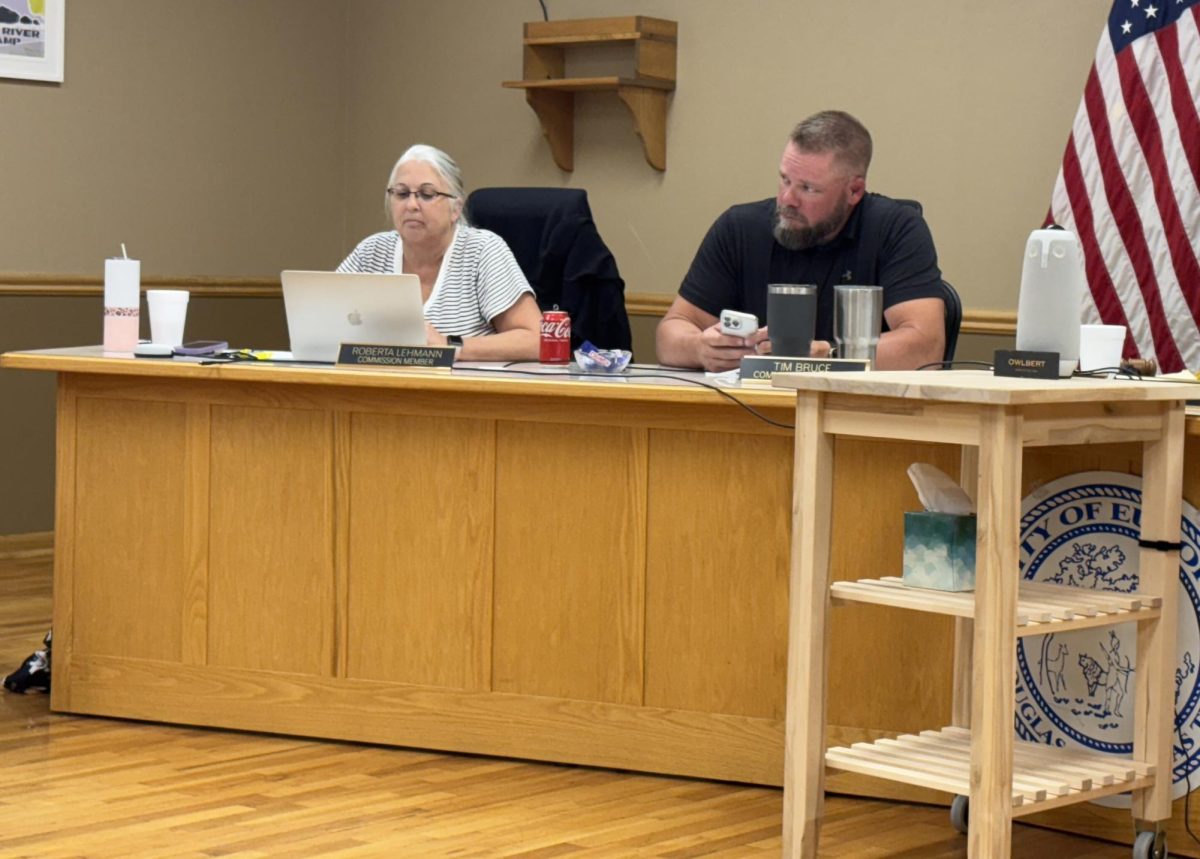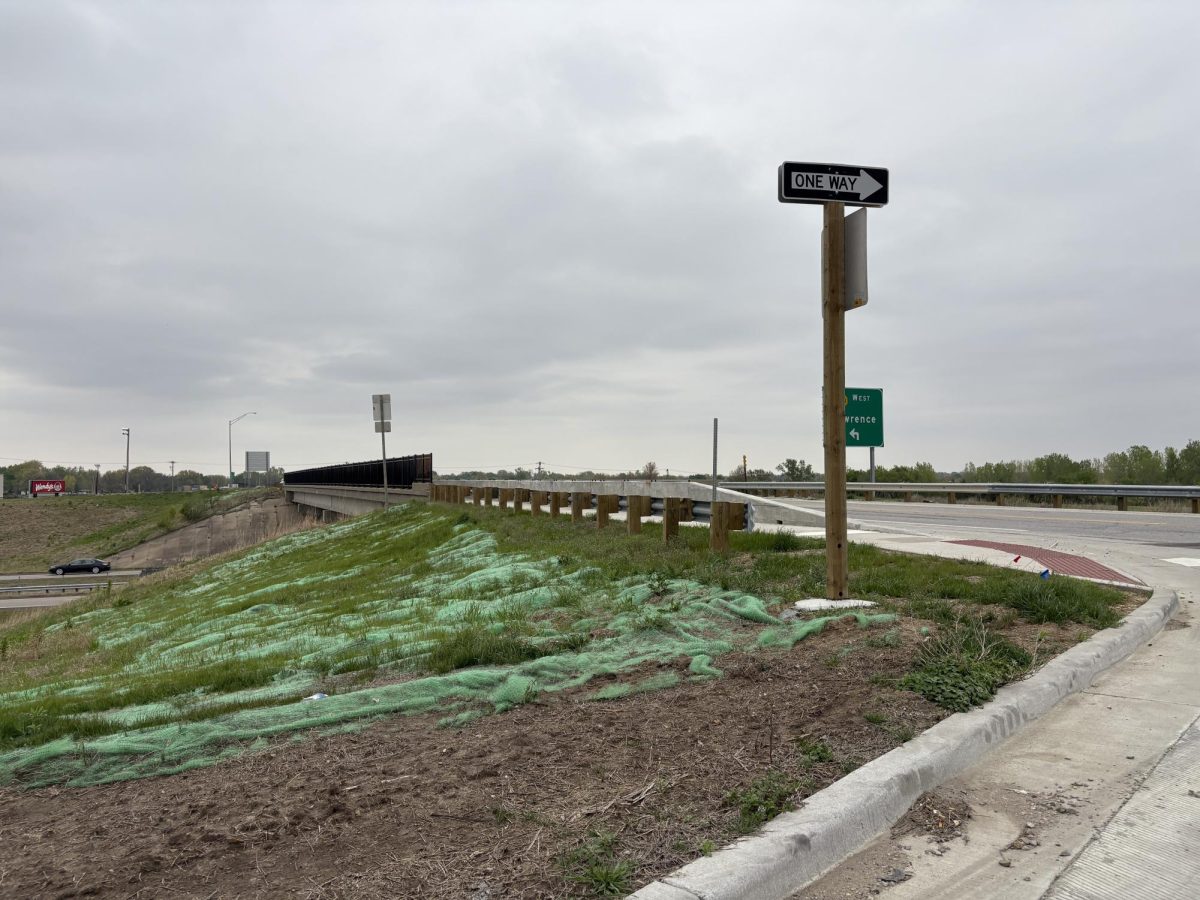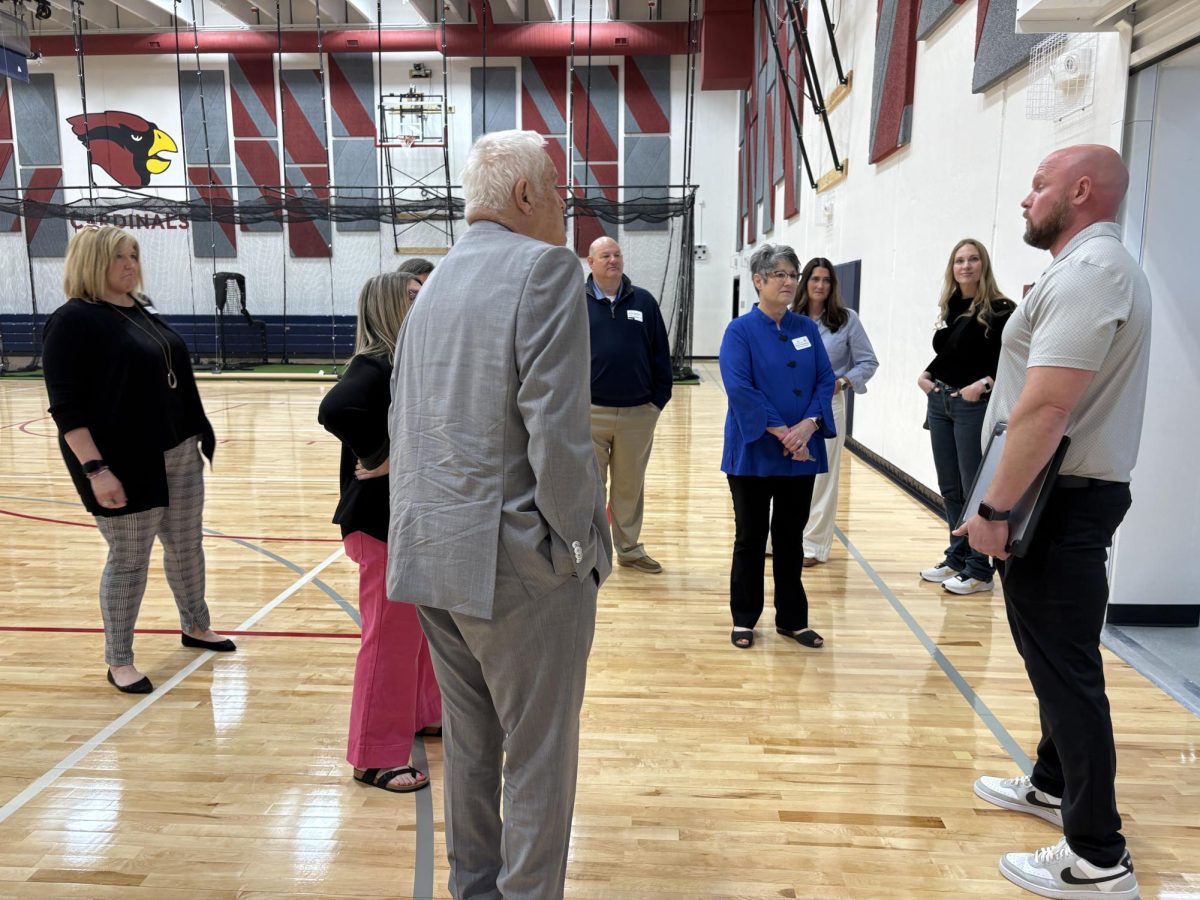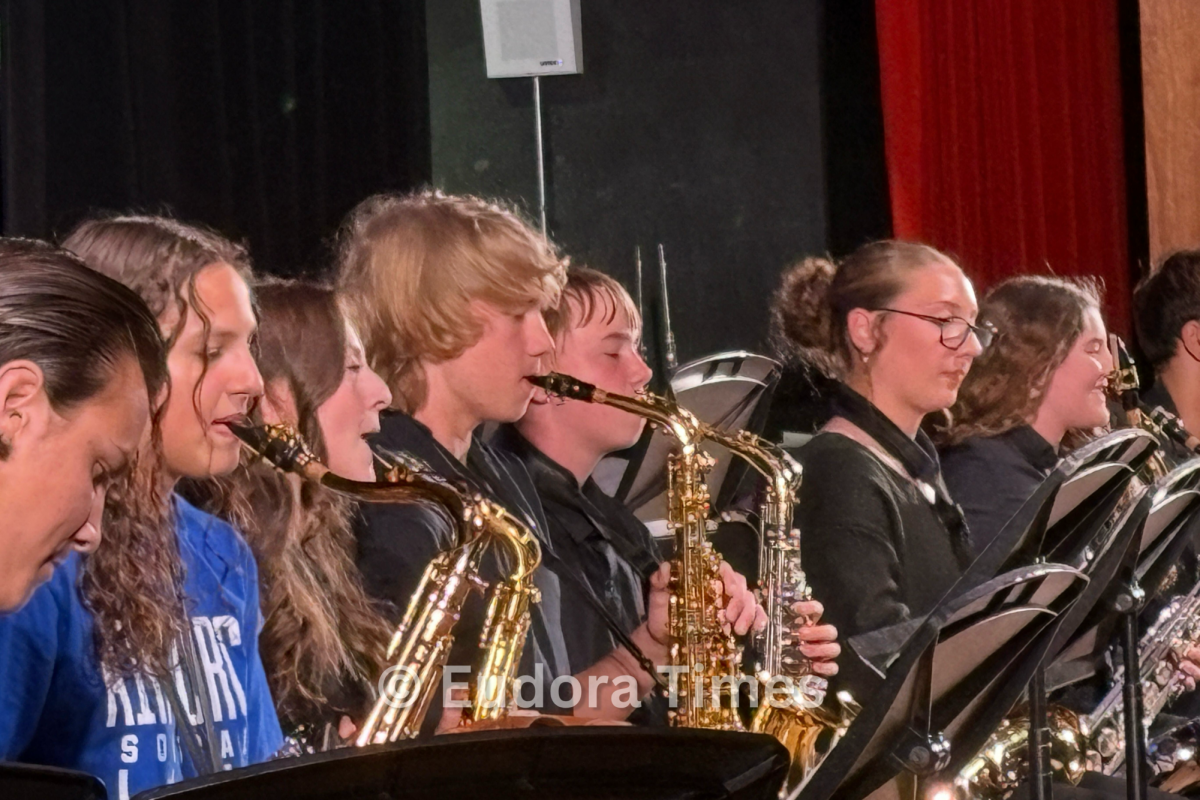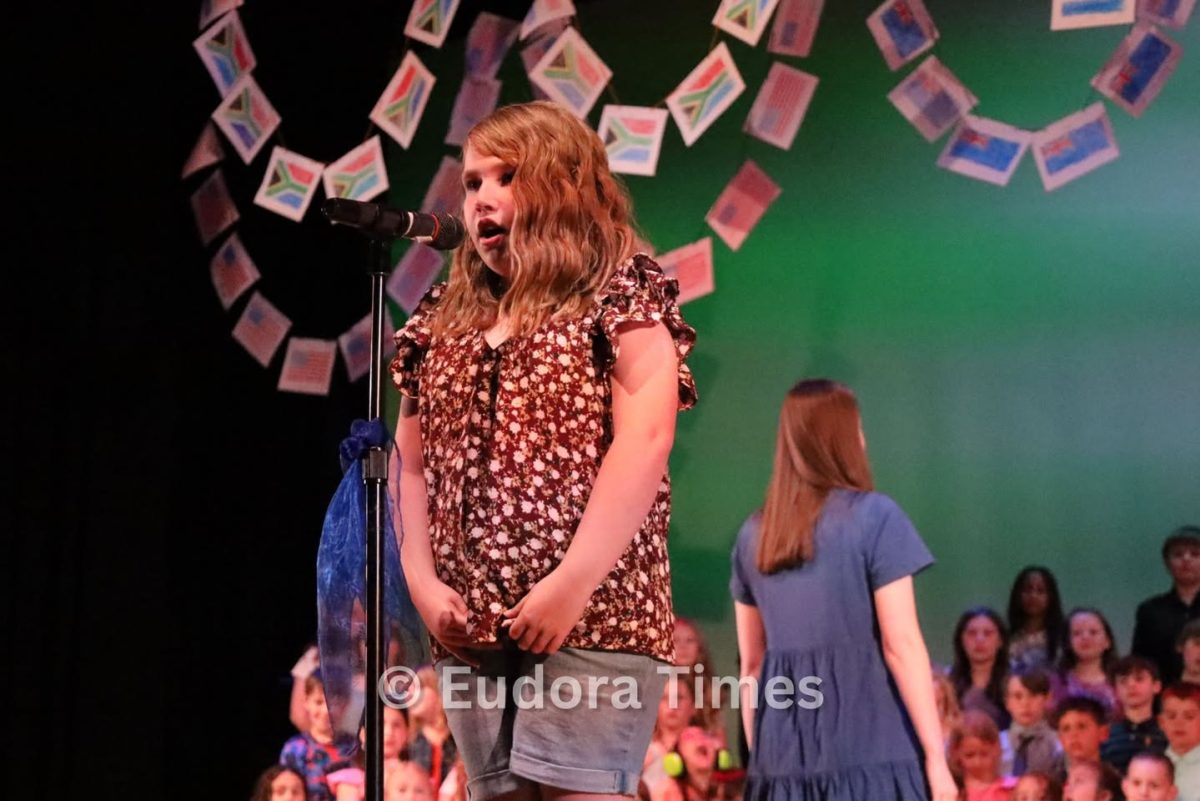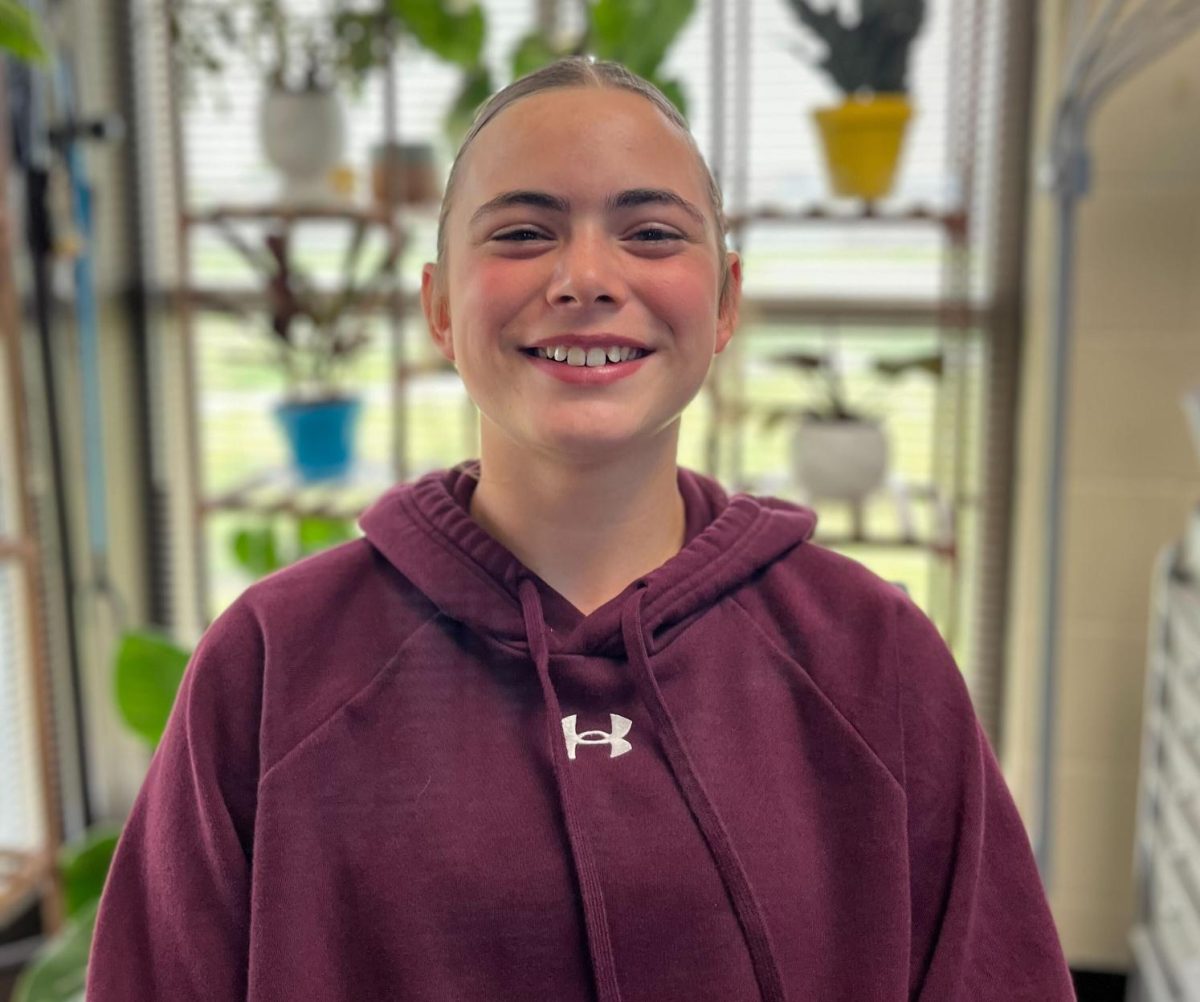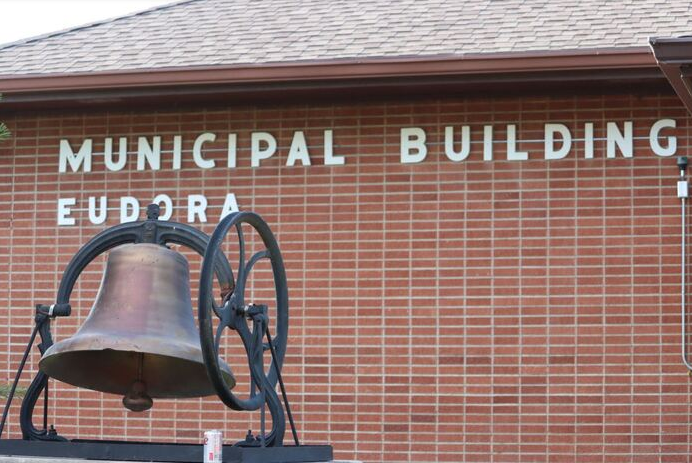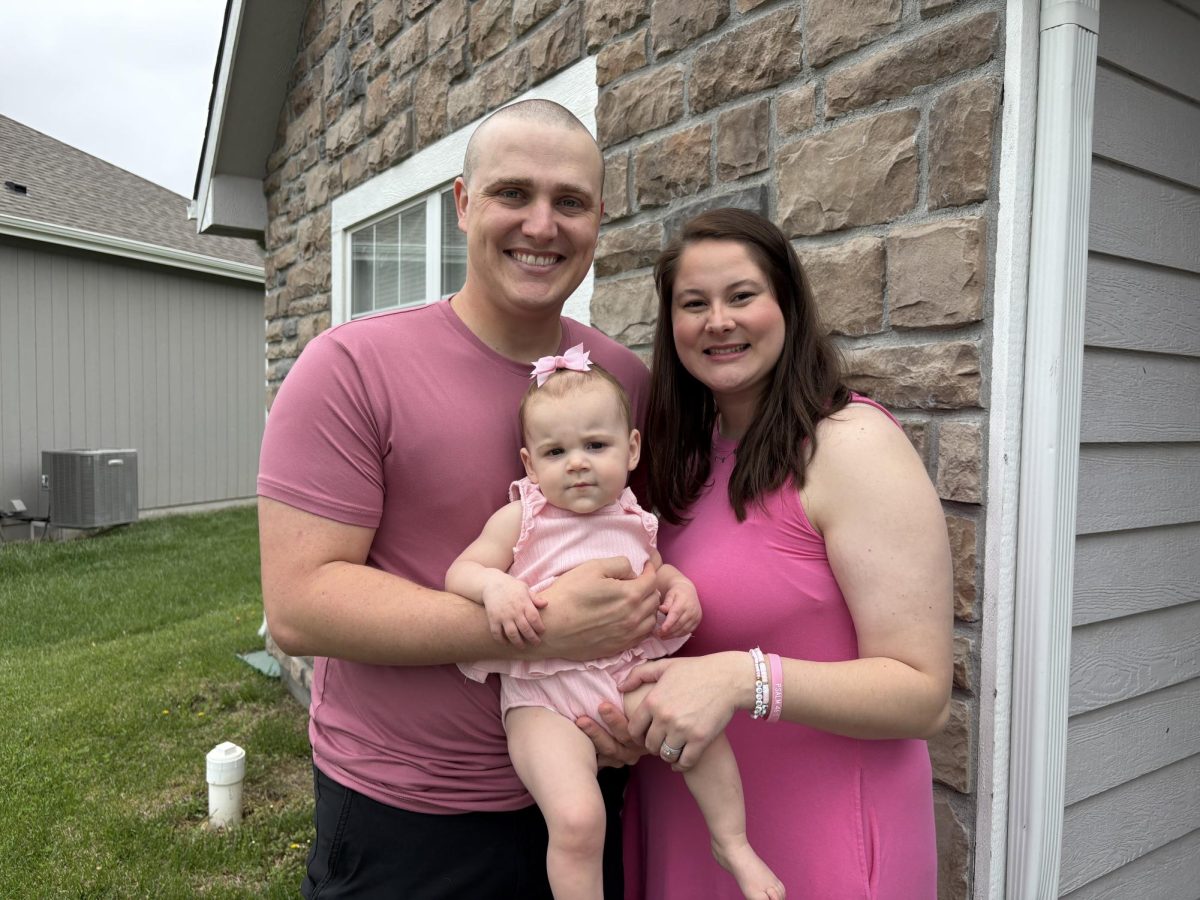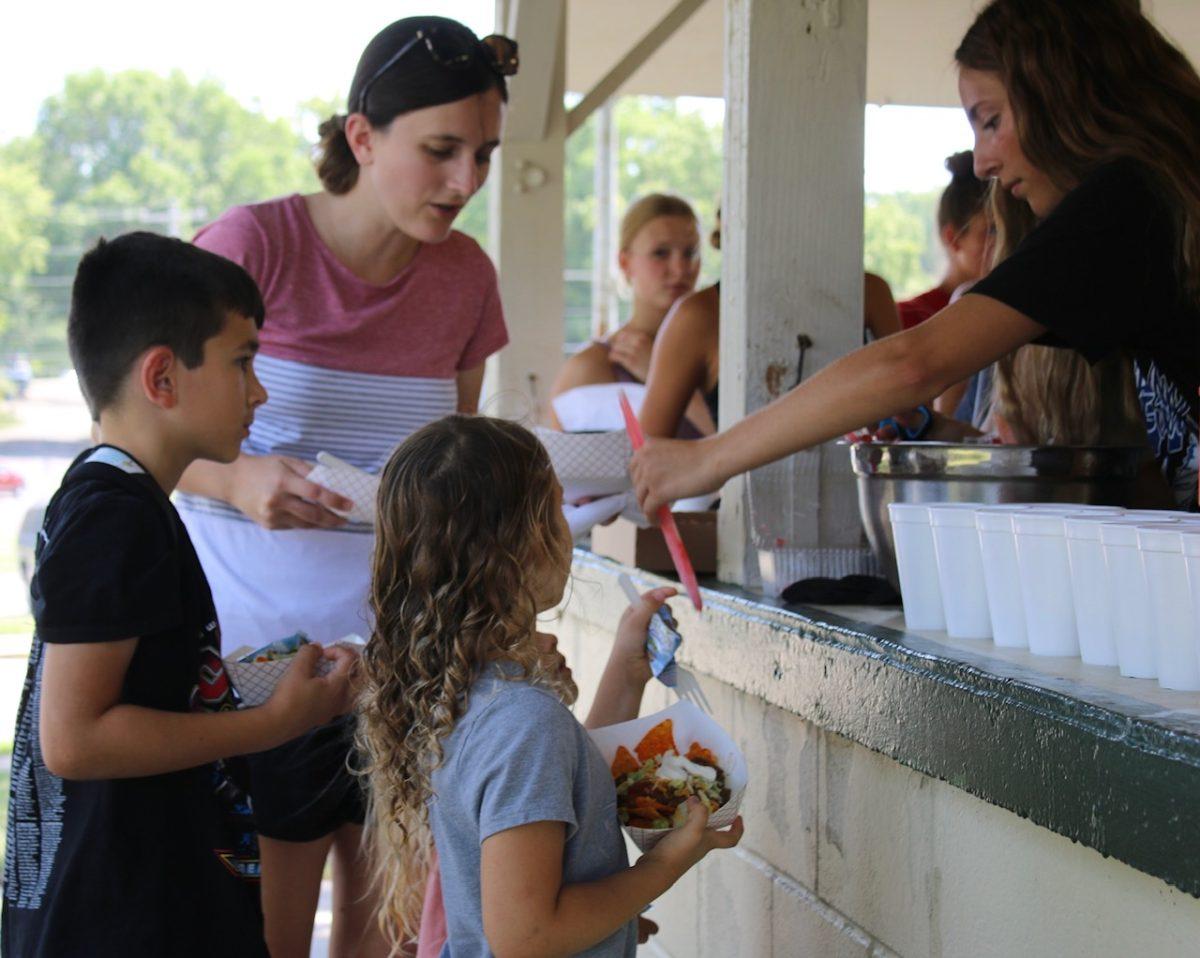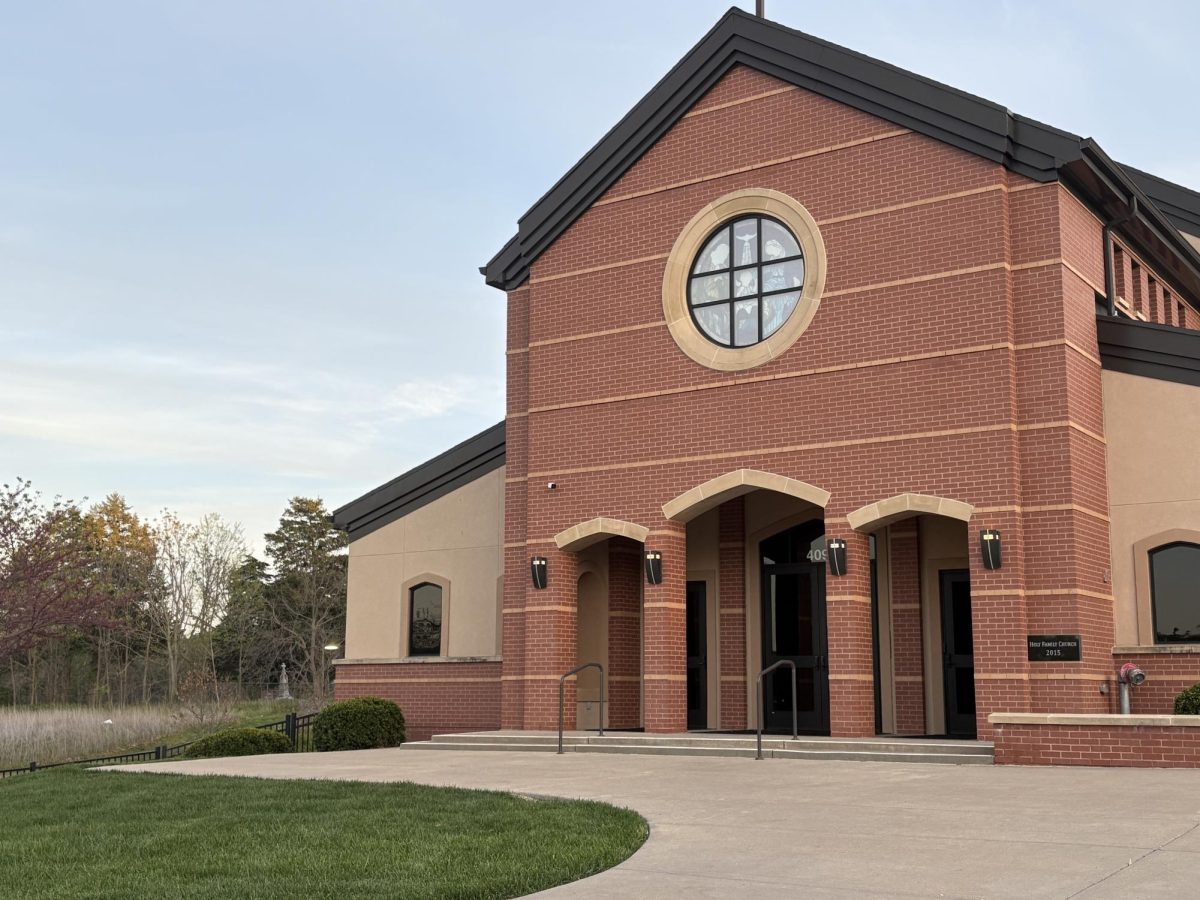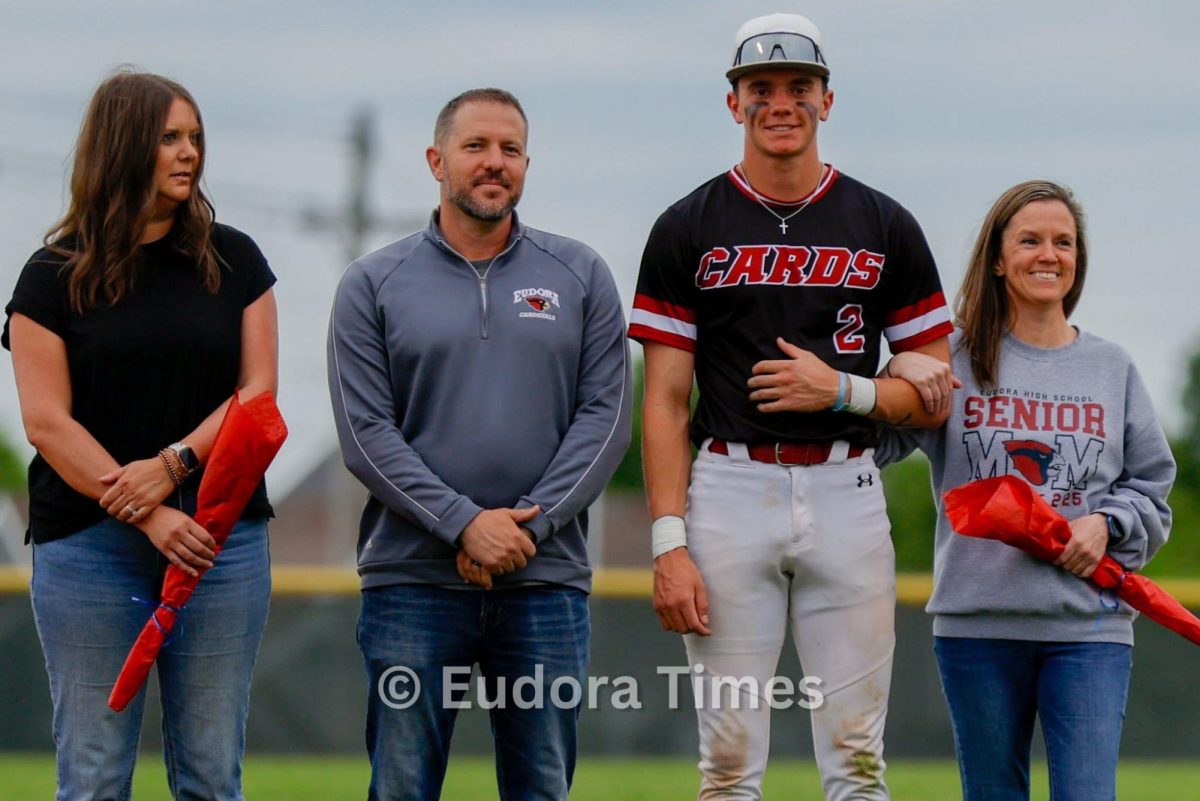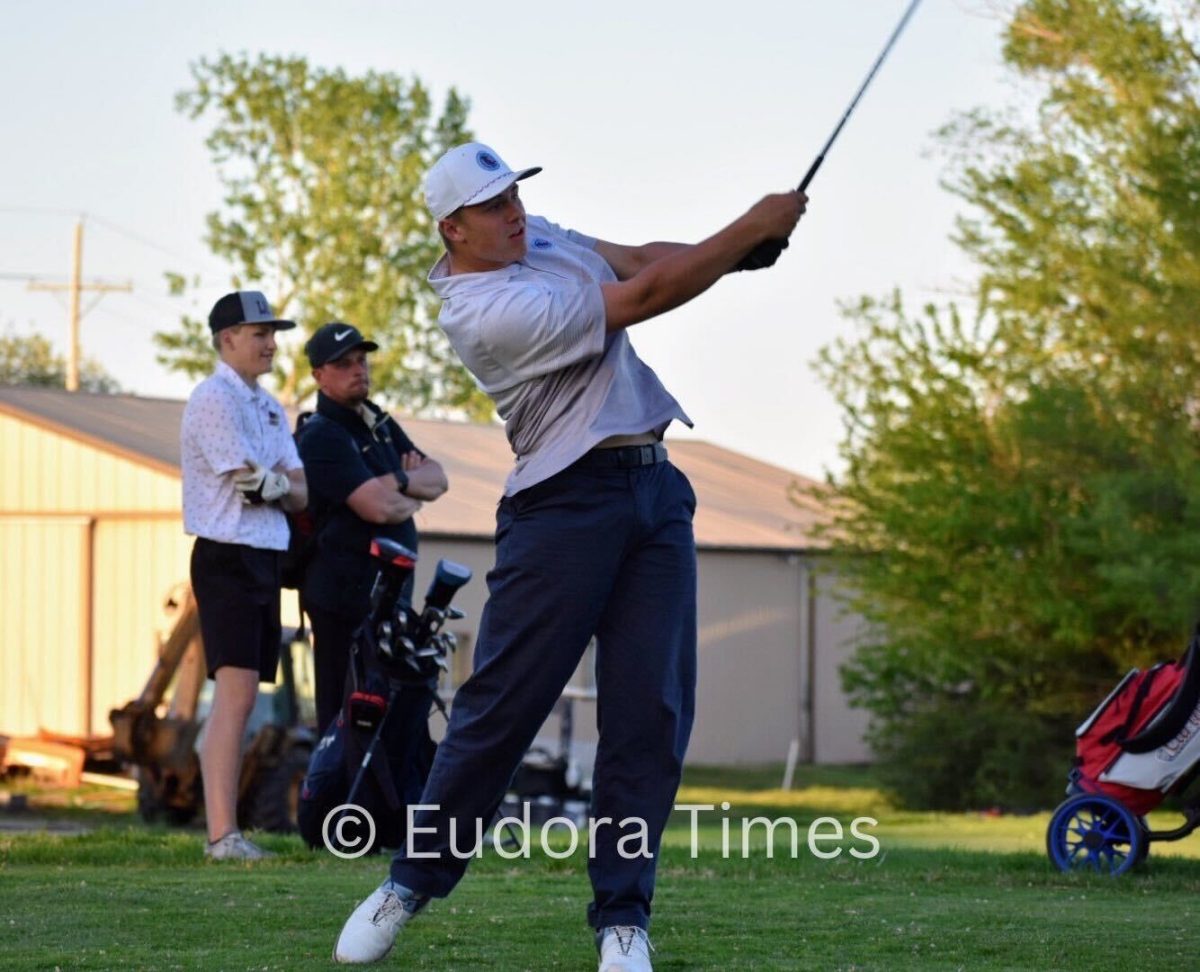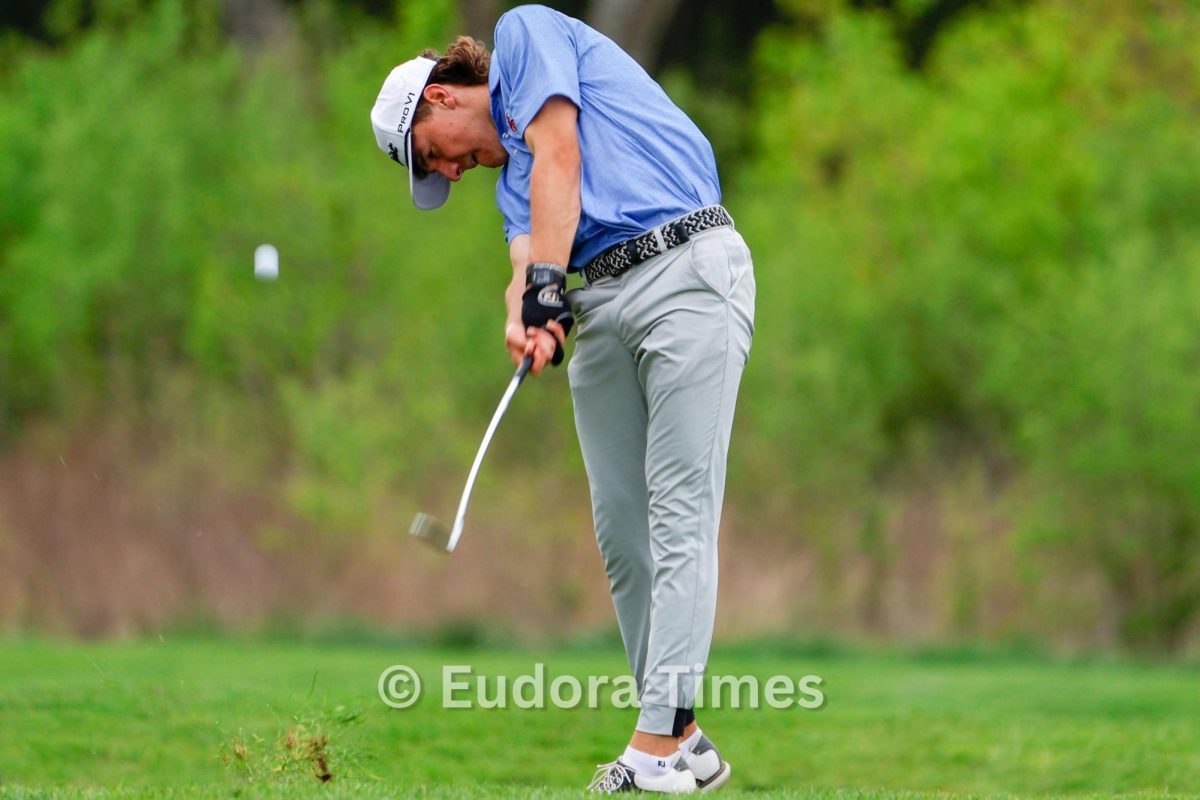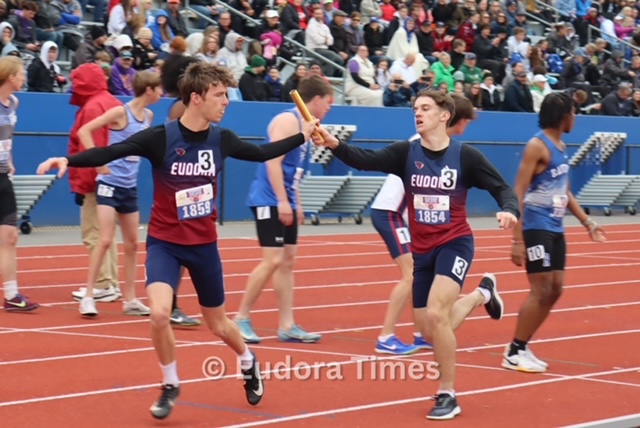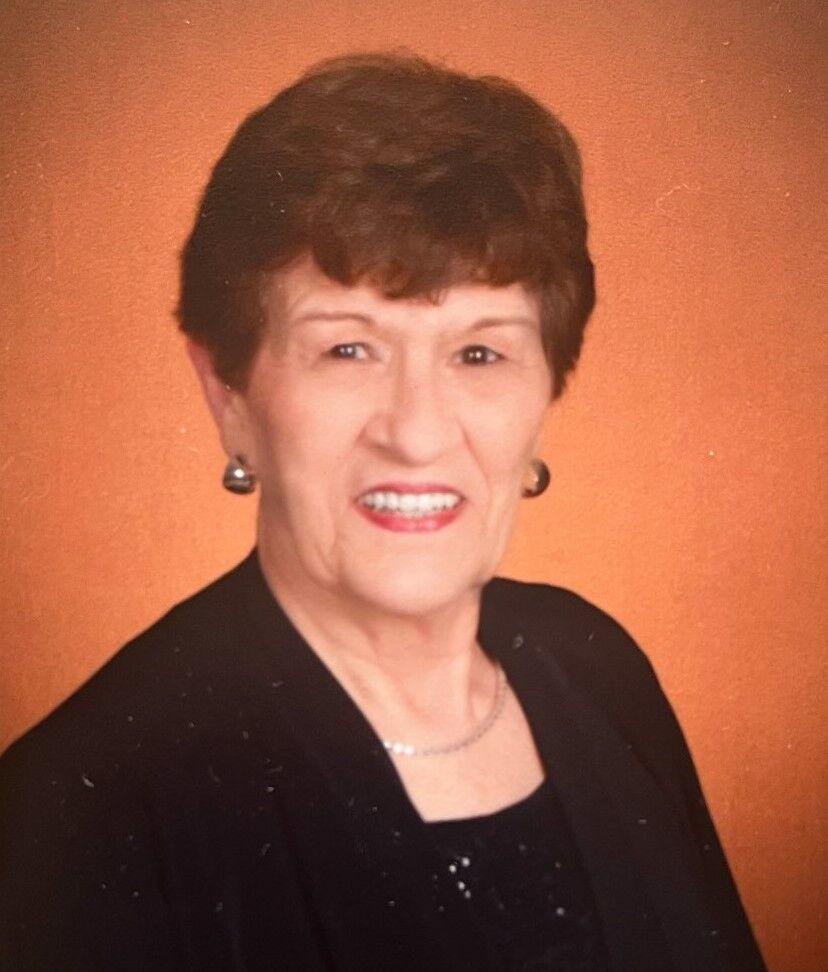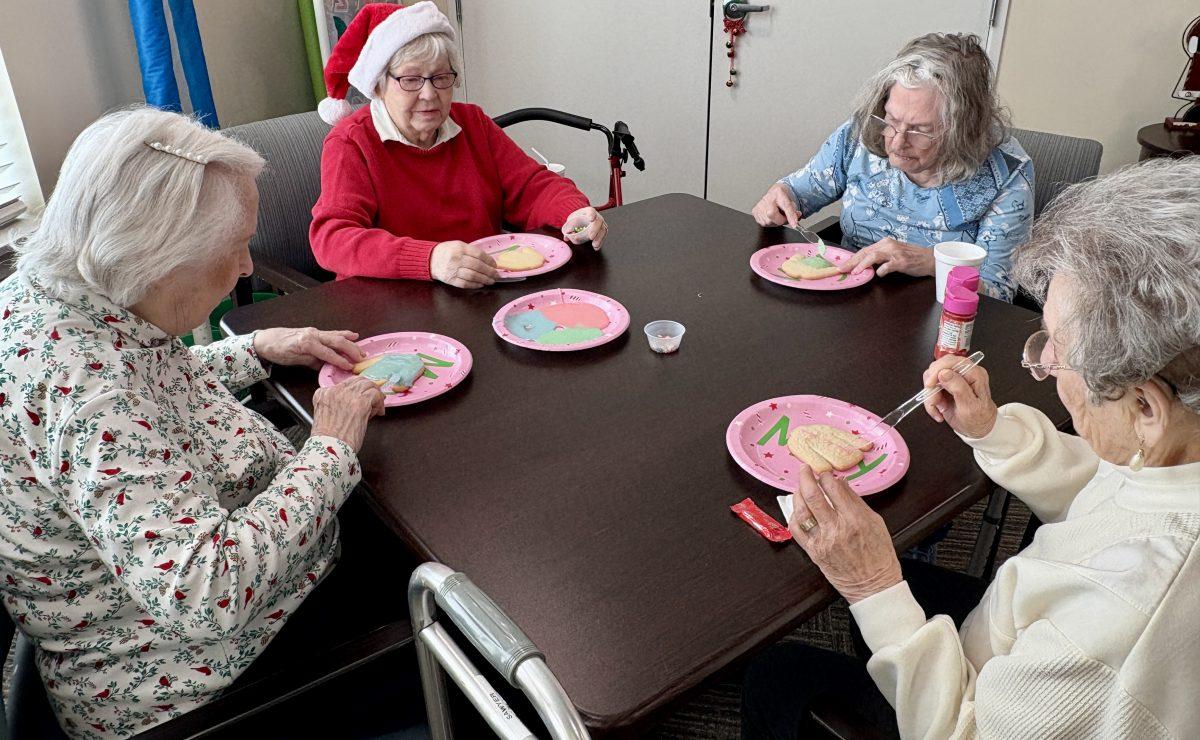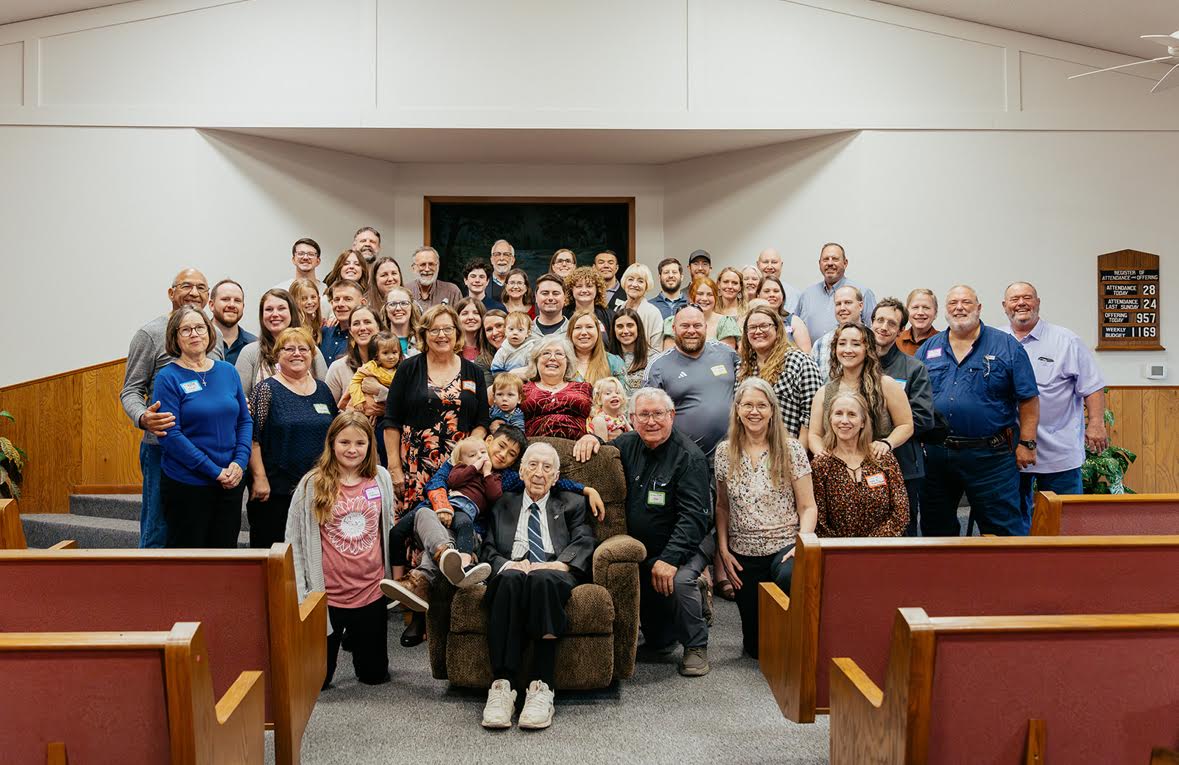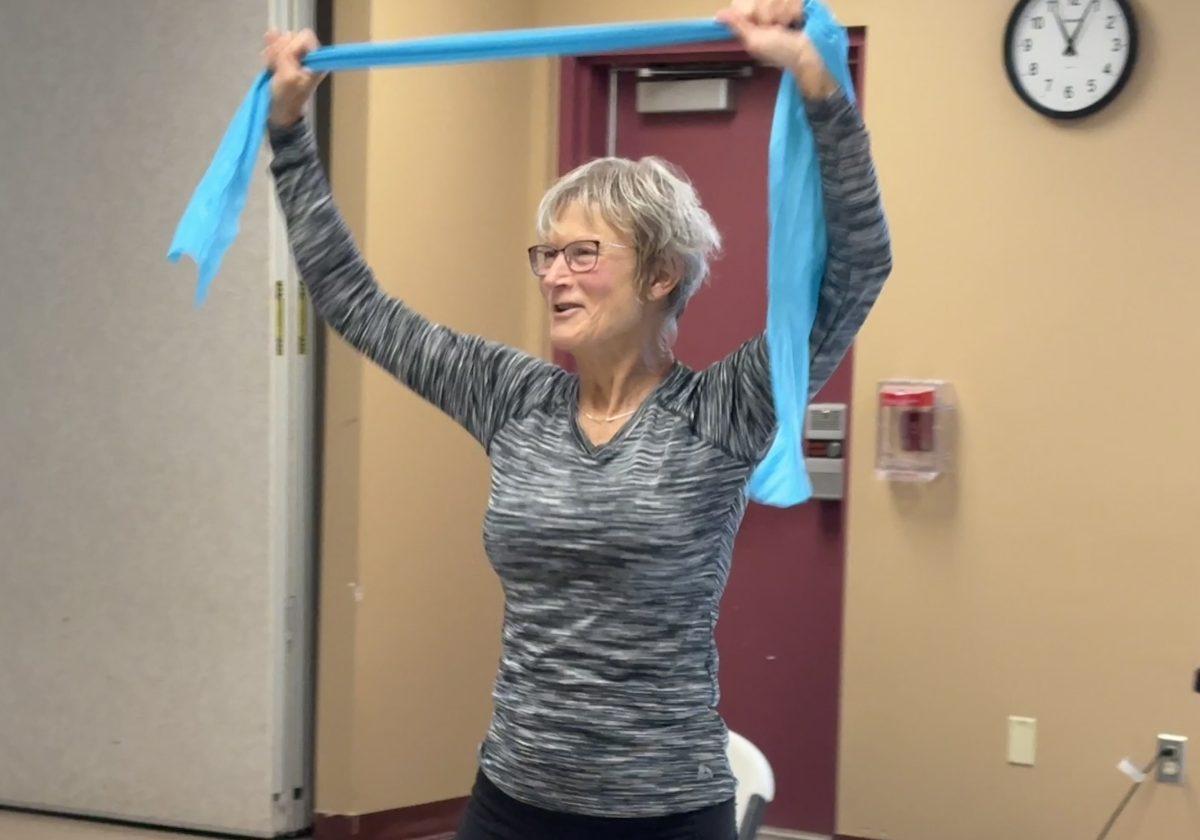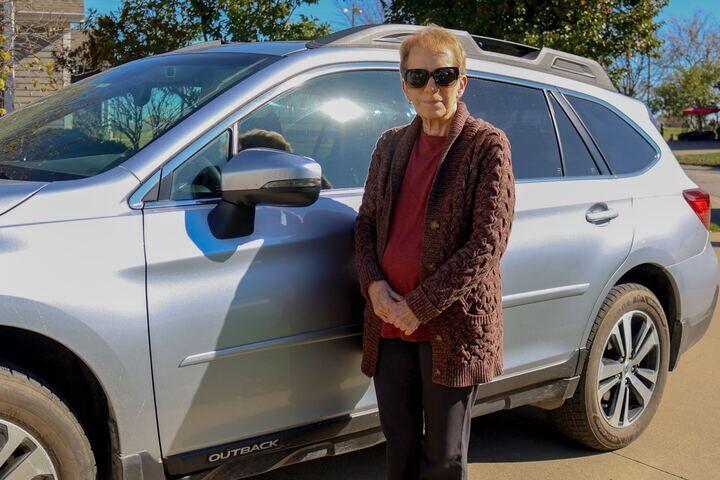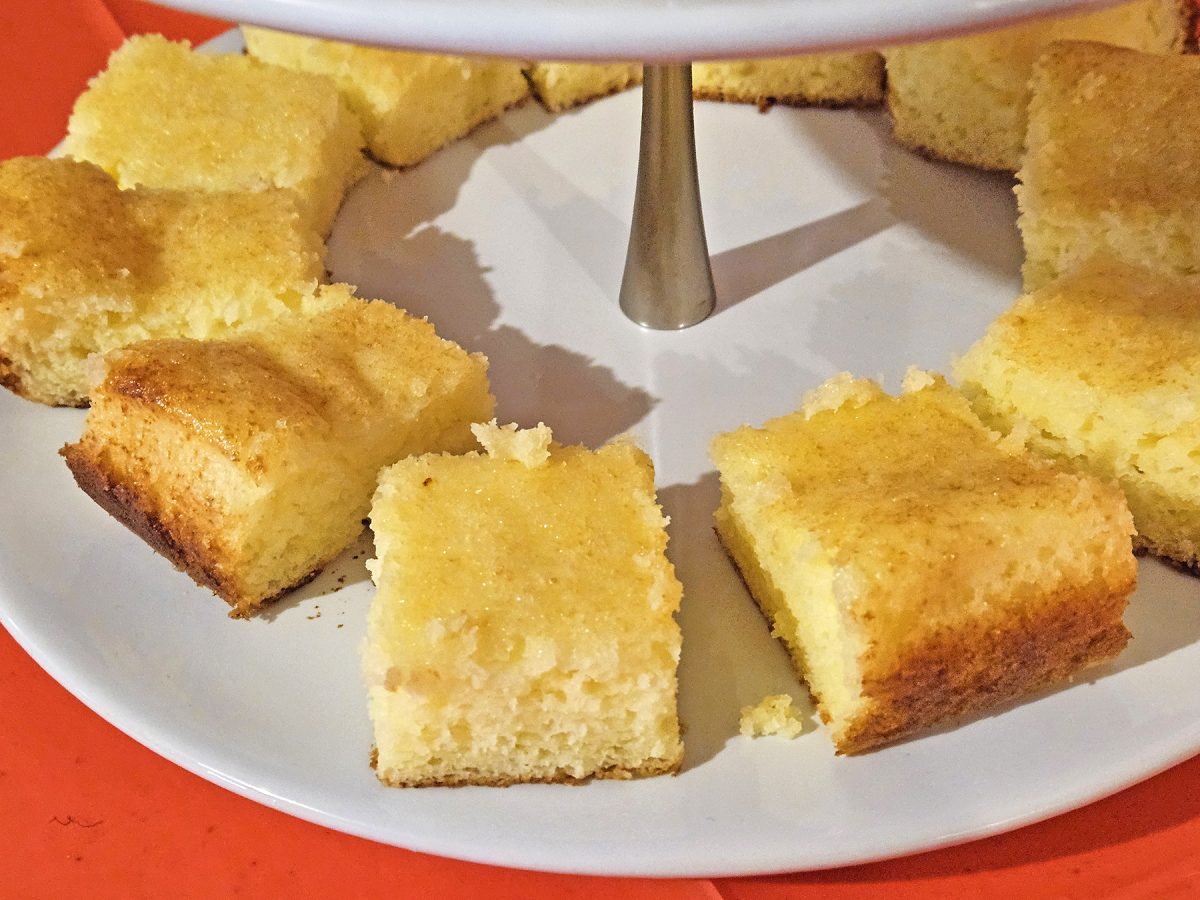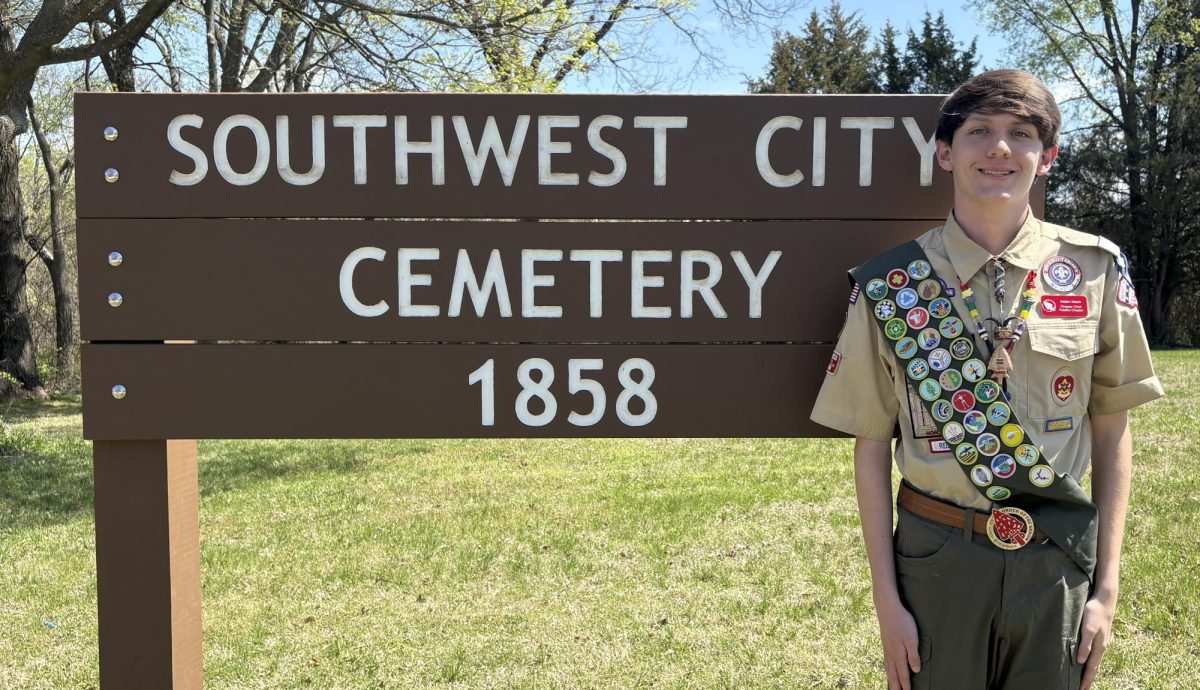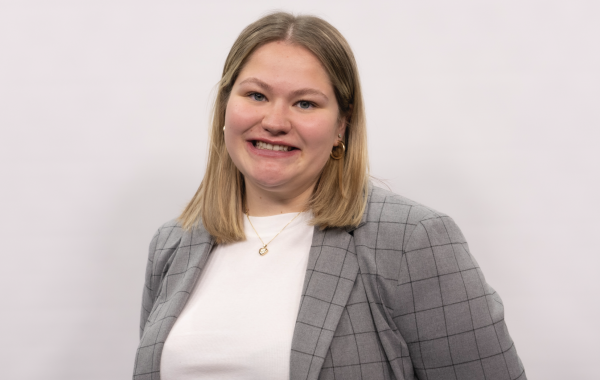Kennedy (Shockley) Yoxall never thought she would be 26 and going through chemotherapy while also being a first-time mom to an 11 month old. Now she’s advocating for other young women to practice due diligence sooner than later.
Yoxall felt a lump during a self-exam and knew she would need to have it checked out, but assured herself it was likely no big deal.
“I honestly was not super stressed, because I was very confident that it was nothing. I was, like, so sure that there was nothing wrong,” she said.
Her doctors agreed, telling her that it would likely be nothing to worry about, but after a mammogram they wanted to take a biopsy.
That’s when she received a notification from her doctor’s office portal that her results had come back. Before she received a call from her doctor, she opened the portal and read “invasive ductal carcinoma.”
Yoxall, a nurse herself, was at work when she read the results. She started consulting with co-workers and calling loved ones. She went home to reach out to her doctor, and then it was confirmed – she has aggressive stage 2 breast cancer.
She initially handled the news with denial and believed there had to be a mistake with the sample — something got mixed up or the labs were wrong, especially because she hadn’t had symptoms.
“I was Googling so many things about how this could be wrong and how stuff could have gotten mixed up, and I definitely felt like I went through all the stages of grief for multiple days. I just genuinely couldn’t believe it,” she said.
Eventually, she was able to come to terms with what was happening to her and also learned more about next steps for her specific case — a case brought on because she has a genetic mutation that makes her susceptible to cancer at a young age.
Yoxall had her first dose of chemo in mid-April and will continue having rounds every 21 days.
Now she’s urging young people to learn how to do self-examinations regularly and have anything suspicious immediately checked by a doctor. People also need to take note of family medical history, she said.
“If you feel something, I mean anything, whether it be just a little bump or a large lump, it’s something in your armpit, they all need to be looked at by your doctor. I mean, no matter how much you can Google stuff and it says, ‘Oh, that’s probably just a fatty cyst or something,’ it needs to be examined by a doctor,” she said.
With health care and insurance creating issues for women seeking screenings, she said if family history has specific genetic markers, coverage for early screening is possible.
“As a nurse, I’ve seen and been around patients that have a hard time getting access to care, have a hard time getting access through insurance or approval for things, and I definitely feel like now I feel even more passionately about advocating for patients and for my patients,” she said.
Yoxall will have a double mastectomy in the future since the risk of recurrence is double because of her genetic mutation.
She said this experience will change her outlook as a health care professional because you just never know what someone is going through.
Because chemo can cause issues with fertility, she had eggs harvested and made into embryos in hopes of having more children when she’s healthy again. This has been an expensive and overwhelming process on top of all the other things as well, Yoxall said.
She’s also part of a clinical trial to hopefully help with fewer long-term side effects from chemo at a younger age. Side effects have already been rough, she said.
It’s estimated she’ll need a minimum of four cycles or a max of 12 cycles of chemo. Six weeks after she finishes chemo, she’ll have a double mastectomy. There’s also a chance she’ll need to follow that with radiation, contingent on biopsies. Eventually, she’ll have reconstructive surgery as well.
After she started accepting her diagnosis, she started focusing on having a positive outlook and surrounding herself with people who are also positive.
“I will do absolutely anything to watch my daughter grow up, and I will do any kind of treatment that is necessary,” she said.
She’s had to take time off work since she can’t be around people with illnesses, but they have been flexible and understanding about it, she said. It does create financial strain, though, she said, especially since her husband Eric is finishing school.
Eric was a nurse before going back to CRNA school, which he’ll finish in May.
He said processing the medical language used and the diagnosis itself has been easier, as they both work in the medical field. As they got more answers, it was easier to digest the news, he said. Now they’re focused on getting past this and finding ways to get through it together.
After his wife’s chemo, Eric has made it his job to make sure she has foods that she is craving when nothing else sounds good, pushing her to stay hydrated as well. He has experience caring for his dad when he had cancer, greatly influencing how he cares for his wife.
He said the support from their family and the community has been nothing short of astonishing, and he is grateful to be in a small town like Eudora where neighbors show dedication to one another.
“It makes me happy to be from a small town and happy to be in a small town during this situation,” he said. “They come together.”
Going forward, he wants to make sure people know cancer diagnoses can happen to people this young, as “health literacy is huge,” Eric said. Health care workers can also tend to put their own health on the back burner, he added. If she wasn’t so in touch with her body, it could’ve been a lot worse down the road, he said.
Although cancer is popping up more in younger women, there are also advances in medicine that can be taken advantage of, she said.
Cancer diagnosis continues to rise for many common cancers, especially for younger women, according to the American Cancer Society.
Making sure young women are educated on signs, symptoms and what to look out for is a first step.
“Don’t skip your mammograms. Always get your yearly exams, all that stuff,” Yoxall said.
The GoFundMe page for the family that helps with meals and her family’s help with baby Mabel have been amazing, she said. The emotional support from her family has made a big difference, she said.
Her mom Kendra Shockley and the rest of her family have been helping wherever they can.
“It was very hard and it’s been hard, but I mean we’re wrapping our heads around it now. We have no choice,” Shockley said.
Shockley also has three other daughters, so now they will also get tested for the same genetic mutation, called BRCA.
“I encourage all – I don’t care how old you are, if you’re not sure, go to the doctor. You’re not silly – it’s not silly. It’s not unreasonable to go and get something looked at. It doesn’t matter how small it is,” Shockley said.
Shockley put together the GoFundMe after some apprehension from her daughter, and the community’s support surged overnight.
Whether it’s just a hug or babysitting, Shockley said she’ll be along for every step of the process.
The link to the GoFundMe is here, while her Caring Bridge page is available here. Shirts to support Kennedy are available here.
